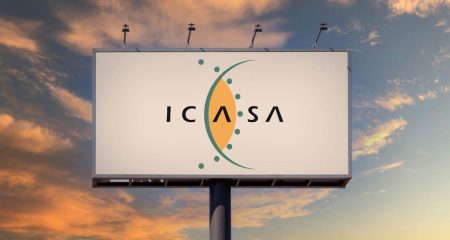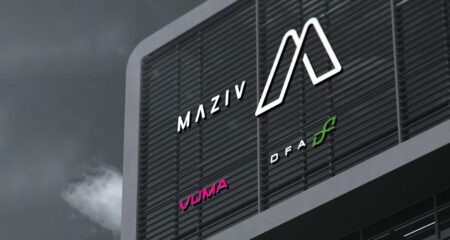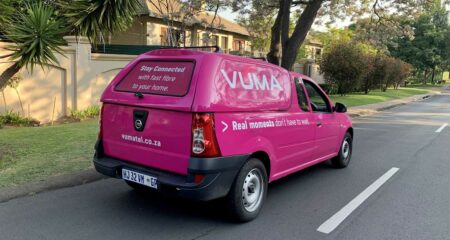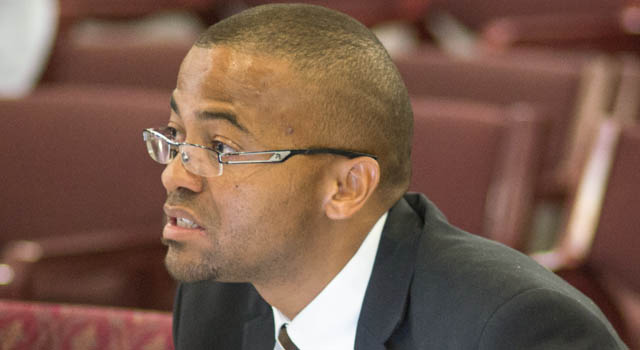
Screamer Telecommunications, which is accused using spectrum in the 2,6GHz band without a spectrum licence, has pleaded innocence, with its lawyers arguing on Wednesday that a contract between it and signal distribution company Sentech entitled it to use the spectrum in question and that the real question is whether or not this contract was lawful.
The Independent Communications Authority of South Africa’s (Icasa’s) lawyers, meanwhile, have argued that irrespective of the legitimacy of the contract between Sentech and Screamer, the latter was still in breach of the Electronic Communications Act for using spectrum without a licence and possessing equipment used to do so. Icasa’s lawyers have submitted that Screamer ought to face criminal prosecution.
Both sides were making arguments at Icasa’s complaints and compliance committee (CCC) on the first day of three that have been scheduled for hearing the controversial case.
The CCC was meant to hear a complaint laid against Screamer Telecoms in June, but had to postpone the matter because its star witness, Sebastian Meyer, who investigated the matter for the regulator, was unavailable. He had been seconded by the National Joint Operation and Intelligence Structure to assist in providing security and communications support during a visit to South Africa by US president Barack Obama.
Sentech held 50MHz of spectrum in the coveted 2,6GHz band, but hasn’t utilised it since its MyWireless Internet access network failed commercially years before. Former senior managers at Sentech signed a questionable deal allowing Screamer (then Global Web Intact, or GWI), to use the spectrum.
Michael Motsoeneng, the attorney leading Icasa’s legal team, said his task was to demonstrate that Screamer used the frequency and did not have a licence to do so.
“All parties have agreed that [Screamer] possessed spectrum equipment without the requisite licence,” Motsoeneng said. “We suggest the committee considers referring Screamer for criminal prosecution.”
Representing Screamer, advocate Mark Wesley argued that the matter hinges “not so much on a question of fact but on one of law”.
“The simple question is whether particular agreements between Screamer and Sentech were lawful or not,” Wesley said.
According to Wesley, Sentech held a licence for the spectrum, which it authorised Screamer to use. Though Screamer did not hold the licence for the spectrum it was using, Sentech had the necessary licence and Screamer was thus “not in contravention” of the act.
“At the time of the agreement in January 2007, although Sentech had been granted a spectrum licence, it wasn’t using its allocated band effectively; in fact, when the agreement was concluded, Sentech was not using at all. It was because of this lack of use Sentech was prepared to enter into an agreement with Screamer,” Wesley said.
Wesley maintained that the agreement with Sentech was not a spectrum transfer agreement and that Screamer was not at liberty to do as it liked with the spectrum. Instead, the agreement was in the form of a lease and was thus confined to granting Screamer permission to use the spectrum on a “limited basis”.
“Our argument would be that the CCC should always prefer the interpretation of the Electronic Communications Act that would allow for this sort of agreement because it’s an agreement that allows a licensee to meet its obligations. Unless the CCC finds that wording of the act prohibits such an arrangement, it should find it is consistent with what the act is trying to achieve.”
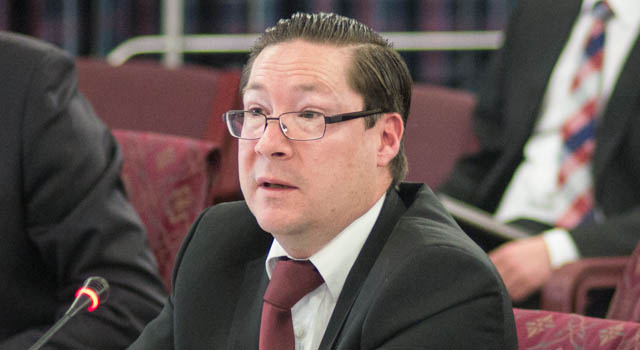
Furthermore, Wesley said Screamer had not used the contested spectrum since May 2011. “If [the CCC] finding is that it isn’t entitled to it won’t do so in the future,” Wesley said.
Icasa raided a number of Screamer’s offices in May 2011 and seized equipment from the company in the north of Pretoria and at a site near Germiston on the East Rand.
Wesley also argued that Motsoeneng’s call for criminal prosecution of Screamer was “highly inappropriate”, both because Screamer believed it had a lawful agreement with Sentech and because Icasa was aware of the agreement from at least October 2009. The authority obtained an opinion on the matter then, yet took no steps for more than a year thereafter.
The contract between Screamer and Sentech was later cancelled, with former Sentech chairman Quraysh Patel declaring to parliament in 2010 that the agreement was illegal. Sebiletso Mokone-Matabane was CEO of Sentech at the time.
In November 2010, Icasa sent a cease and desist letter to Screamer saying it was using spectrum for which it had no licence and ordering that it stop using said spectrum.
Motsoeneng said Screamer did not adhere to the order, prompting the raids on its premises in May 2011. Asked why Icasa waited five months after warrants for raid were issued, Meyer said this was to allow for further investigation and because he had other cases in progress.
Wesley questioned the appropriateness of the raids given that revoking Screamer’s access to the spectrum it was using would affect 2 500 customers. He said he will argue when the hearings come to the matter of remedies that the company had already been “unnecessarily punished”.
Returning to the issue of the validity of the contract between Sentech and Screamer, Motsoeneng said even if the contract had been valid, it was not sanctioned by the Electronic Communications Act.
“Sentech said the agreement was cancelled, but whatever they want to call the agreement, it is not provided for in the act,” Motsoeneng said. Meyer agreed, saying the act “doesn’t provide for such agreements”.
The hearings continue on Thursday. — (c) 2013 NewsCentral Media


